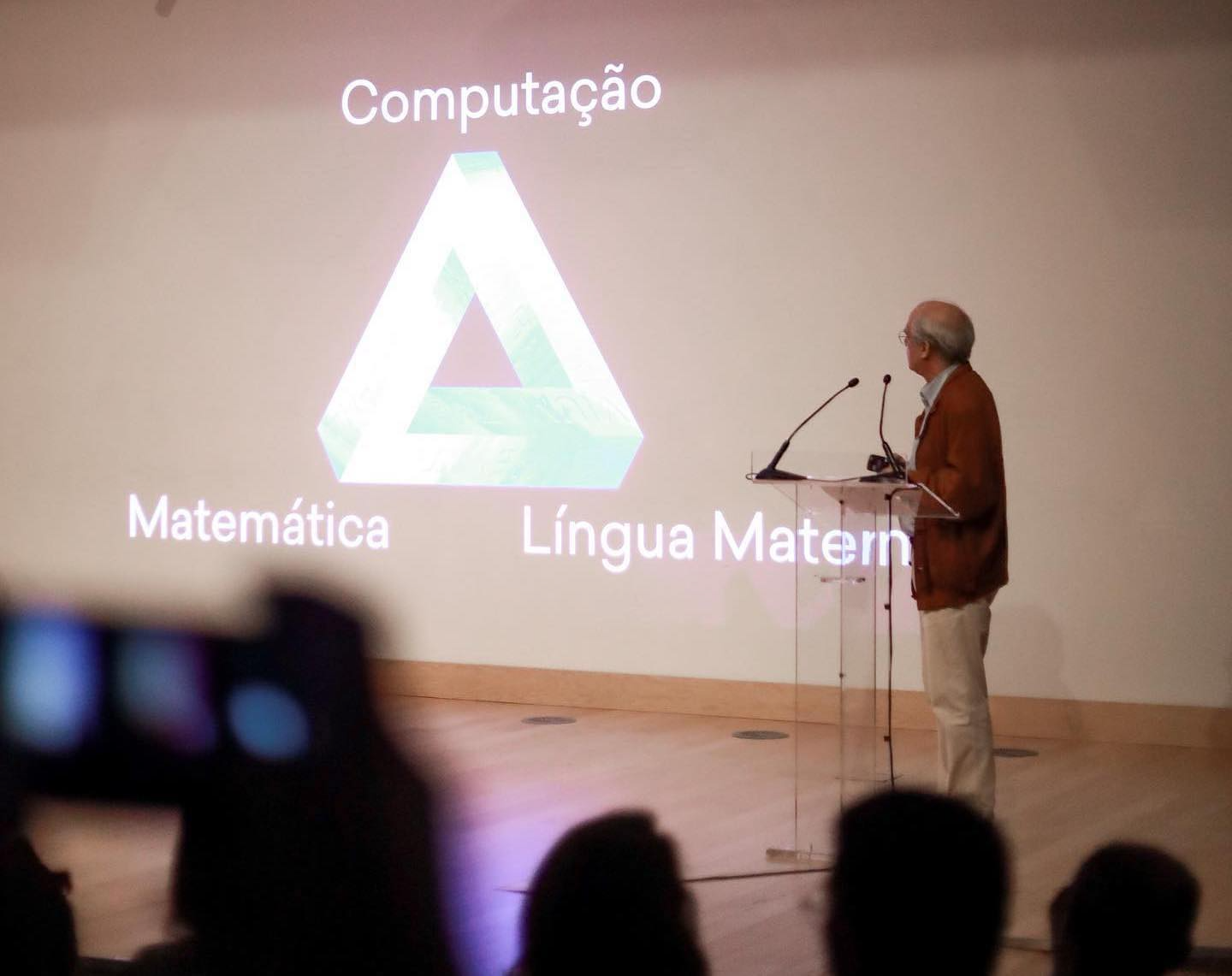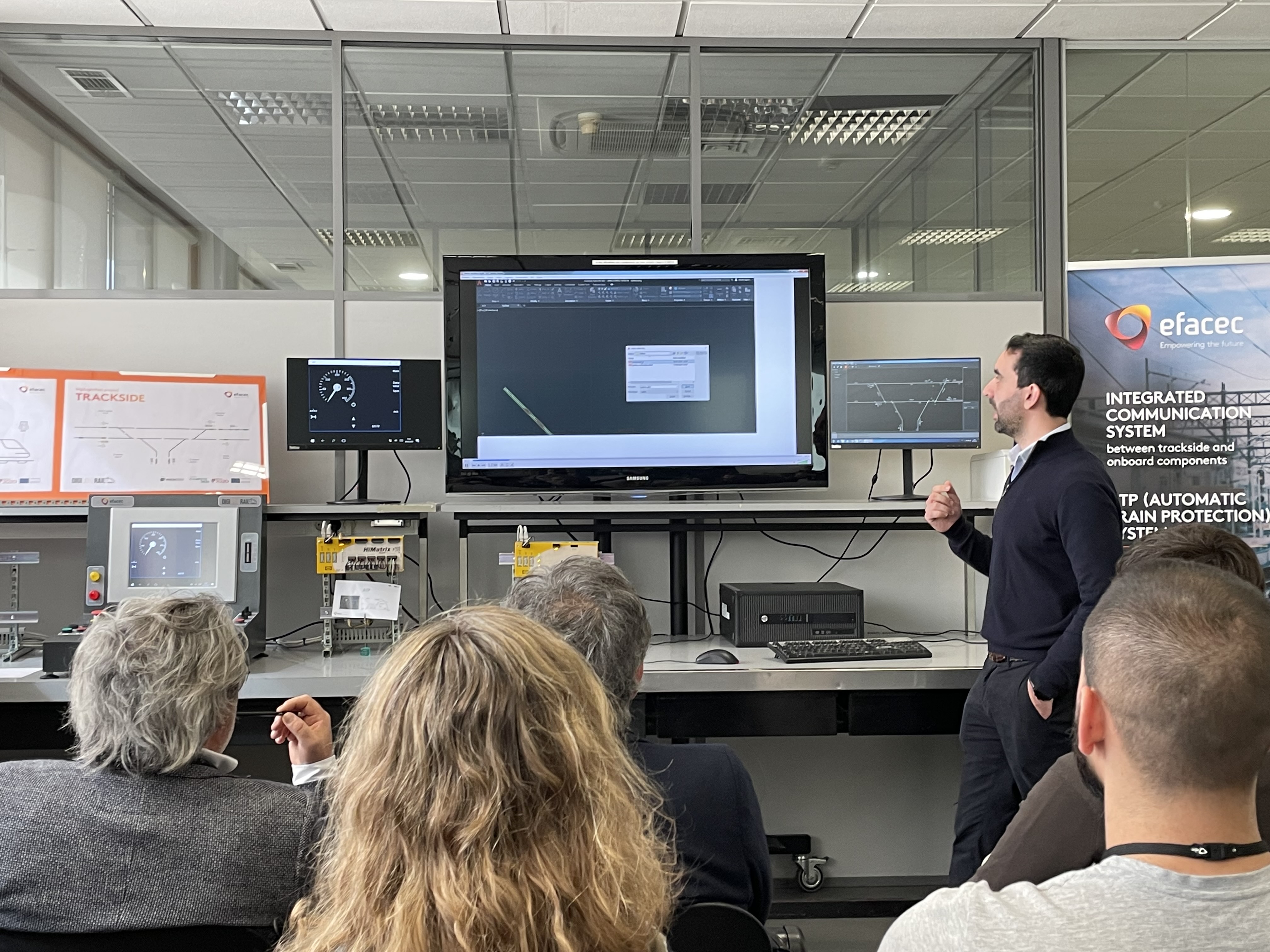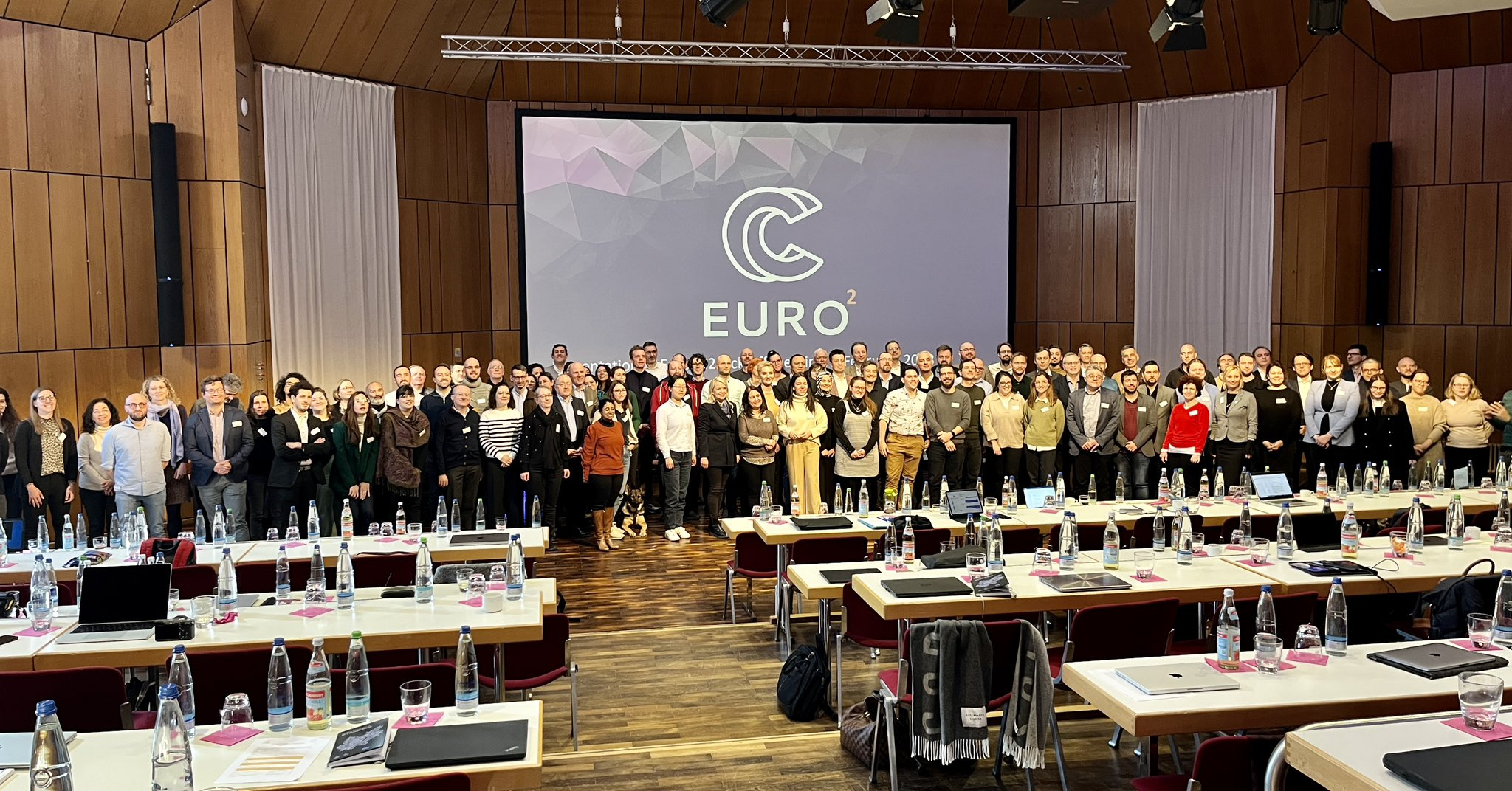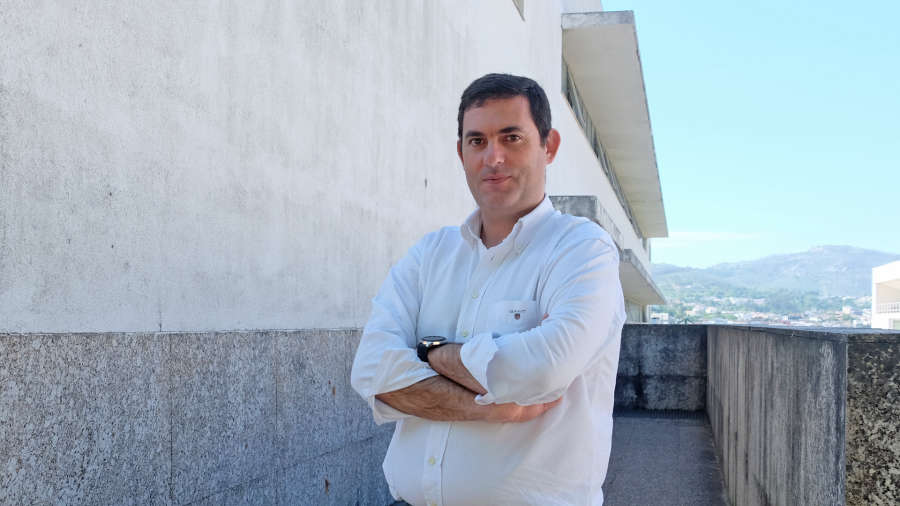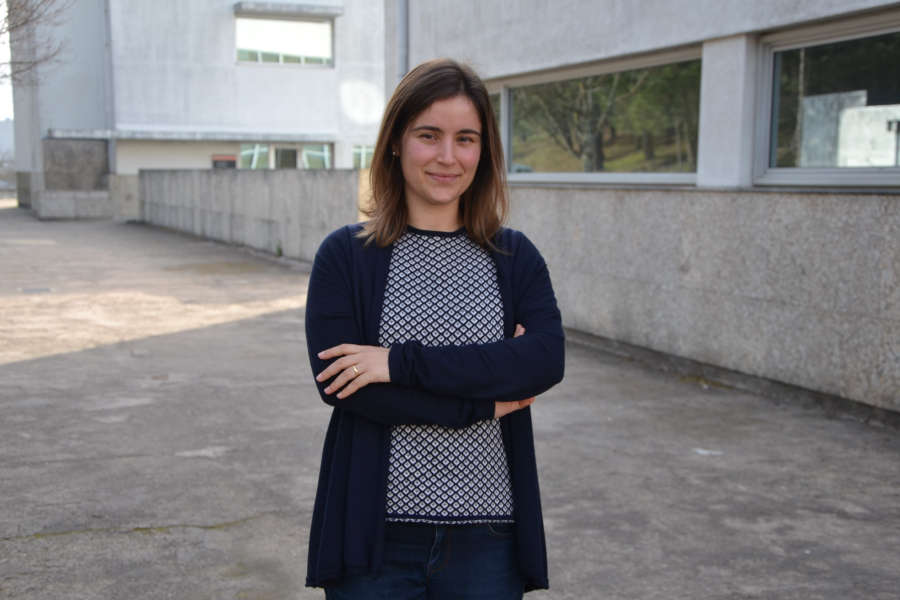High-Assurance Software
HASLab is focused on the design and implementation of high-assurance software systems: software that is correct by design and resilient to environment faults and malicious attacks.
To accomplish this mission, HASLab covers three main competences — Cybersecurity, Distributed Systems, and Software Engineering — complemented by other competences such as Human-Computer Interaction, Programming Languages, or the Mathematics of Computing.
Software Engineering – methods, techniques, and tools for rigorous software development, that can be applied to the internal functionality of a component, its composition with other components, as well as the interaction with the user.
Distributed Systems – improving the reliability and scalability of software, by exploring properties inherent to the distribution and replication of computer systems.
Cybersecurity – minimize the vulnerability of software components to hostile attacks, by deploying structures and cryptographic protocols whose security properties are formally proven.
Through a multidisciplinary approach that is based on solid theoretical foundations, we aim to provide solutions — theory, methods, languages, tools — for the development of complete ICT systems that provide strong guarantees to their owners and users. Prominent application areas of HASLab research include the development of safety and security critical software systems, the operation of secure cloud infrastructures, and the privacy-preserving management and processing of big data.



